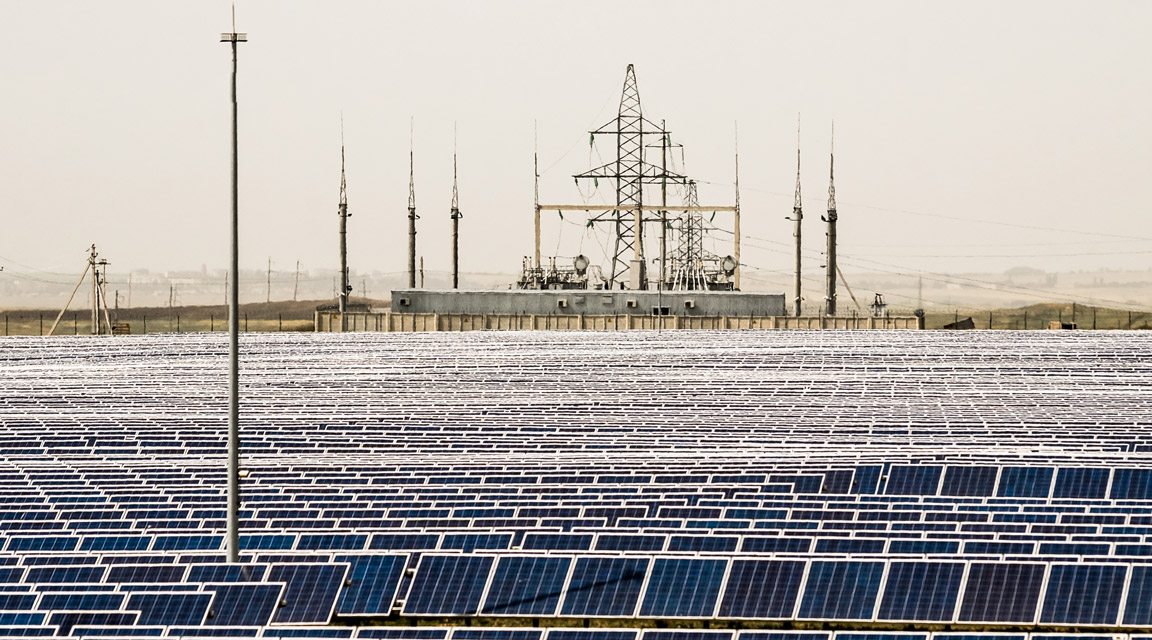

No appetite from international lenders, development banks reach maximum capacity
Egypts renewables feed-in-tariff scheme has attracted little to no interest from international commercial banks, according to representatives of development banks speaking at speaking the World Future Energy Summits Egypt Energy Forum in Abu Dhabi.
The 4,000MW scheme, which if fully subscribed would require $8bn of total investment, will be primarily financed by development banks.
The US-based International Finance Corporation (IFC) is planning a $1bn portfolio in Egypt, across all infrastructure sectors. It plans to lead the financing of 13 20MW 50MW feed-in-tariff projects by 10 developers with other lenders.
The US-based Overseas Private Investment Corporation (Opic) has allocated $1bn to Egypts power sector, split between conventional and renewables. It will finance nine or 10 feed-in-tariff projects.
The European Bank for Reconstruction & Development (EBRD) has allocated $500bn to the feed-in tariff scheme and conventional power projects.
However, all the development banks have reached their financing capacity in Egypt.
If all these projects come to the market in the next 12 months, development finance institutions alone cannot meet all the financing needs, said Dalia Wahba, senior investment officer for global infrastructure and natural resources at the IFC. In the current environment it is challenging to mobilise commercial banks into the country. We are supporting Egypt but we have limits.
Their biggest priority is persuading commercial banks to feel comfortable with the risks in Egypt and take on a larger role.
Our job is not to be needed and the quicker we can persuade commercial banks to come in the better the situation for Egypts long-term infrastructure programme, said Nancy Rivera, managing director of structured finance at Opic. Tighter contracts could mean getting a huge pot of money from commercial banks.
International commercial banks are unwilling to lend on long tenors in Egypt, due to currency risk and concerns over insuring the debt.
There is very limited appetite from regional commercial banks and it has been a while since banks were lending longer tenors in Egypt, says Wahba. Convertability risk is not getting any easier, ECA covers some things but that is limited.
If the contracts on the scheme were under international arbitration, banks would be able to get political risk coverage for loans. This would reduce Egyptian risk to acceptable levels.
Electricity Minister Mohamed Shaker is negotiating with the Central Bank and Ministry of Finance for a short-term $600m convertability fund for the feed-in tariff developers.
Opportunities for Egyptian banks are limited as they can only lend in hard currency to entities with income in the currency.
The feed-in-tariffs are paid in Egyptian pounds, but are 85 per cent indexed to the US dollar.
There is no interest from commercial banks for projects with tariffs in Egyptian pounds, says Boyd-Carpenter. Project finance is not attractive in the current regulatory environment this in not just an Egyptian problem but more generally, although there is the emerging market and convertability risk in Egypt.
This is despite the study of structures with shorter tenors, such as mini-perms, which are used to pay off income-producing construction or commercial properties, typically over three to five years.
Only Japanese banks have appetite for long-tenor debt, thanks to Japans quantative easing programme. They have been lending heavily on power and water projects in the GCC.
Bringing the contracts in line with international best practice would also be helpful.
In South Africa, the contracts were to tight international standards and they had good risk allocation which allowed commercial banks to meet the needs of the projects, which were over 4,000MW, said Rivera. This is the missing link in Egypt; selling the projects and their positive attributes to the international commercial market.
Without taking steps to make major commercial lenders more comfortable, Egypt will be unable to finance its planned infrastructure programme. The Egyptian authorities and development banks are hoping international banks will be more comfortable and begin lending for the second round of feed-in-tariff projects.
You might also like...

Rainmaking in the world economy
19 April 2024

Oman receives Madha industrial city tender prices
19 April 2024

Neom seeks to raise funds in $1.3bn sukuk sale
19 April 2024

Saudi firm advances Neutral Zone real estate plans
19 April 2024
A MEED Subscription...
Subscribe or upgrade your current MEED.com package to support your strategic planning with the MENA region’s best source of business information. Proceed to our online shop below to find out more about the features in each package.





